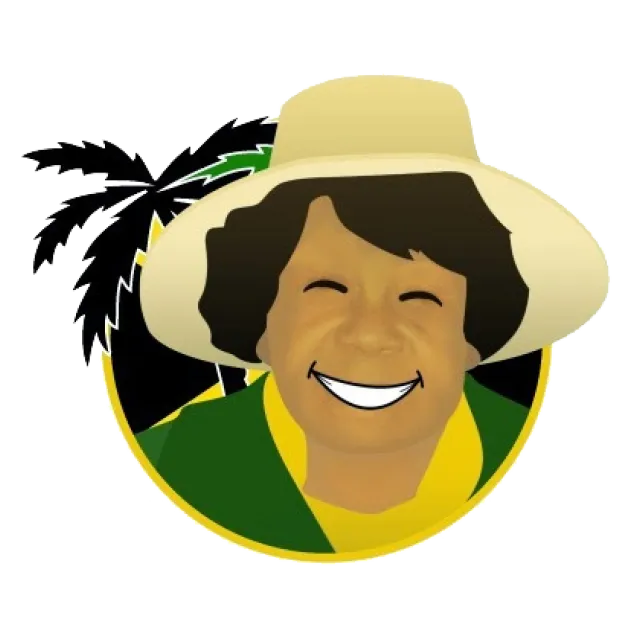Elvis Gordon Legendary British Judoka Elvis Gordon (born Monday 23rd June 1958 died 2001) was a legendary British Judo practitioner and one of the greatest champions in the history of British Judo. Known for his technical excellence, strength, and calm determination on the mat, Gordon was a pioneer for Black British athletes in martial arts and remains an inspirational figure in the sport.
Born in Jamaica, Elvis moved to Wolverhampton, England, as a child during the wave of Caribbean migration to the UK in the 1960s. Like many members of the Windrush Generation and their families, his parents came to Britain to build new lives and contribute to the local workforce. Growing up in Wolverhampton, Elvis faced the challenges of integration and limited opportunities for young Black men in sport. Judo became not only an athletic outlet but also a path of discipline, respect, and achievement. His rise to prominence symbolised the strength and determination of the Caribbean community in the West Midlands. Elvis emerged as a dominant force in the late 1970s and 1980s, becoming UK National Champion six times and cementing his reputation as one of Britain s finest judoka.
He represented Great Britain at three consecutive Olympic Games: Los Angeles 1984, Seoul 1988, and Barcelona 1992. In 1987, he achieved a career highlight by taking silver at the World Championships, a result that placed him among the elite of world judo. He also won three European Championship medals, including gold in 1988 at the open-weight final in Spain, and that same year he became the winner of the prestigious Shiriki Cup in Tokyo. Elvis also became the first British competitor to win the Matsutaro-Shoriki Trophy, an honour awarded in Japan for excellence and sportsmanship.
In 1990, he proudly won gold in the heavyweight division at the Commonwealth Games in Canada. Alongside teammates Kerrith Brown, Dennis Stewart, and Densign White, Elvis helped transform Wolverhampton Judo Club into the most successful in Britain. For the Caribbean community in Wolverhampton and beyond, his achievements were a source of immense pride. At a time when Black athletes in Britain were still fighting for recognition and equality, Elvis represented hope and excellence.
His success demonstrated to younger generations of Caribbean heritage that barriers could be broken and that world-class achievement was possible. Wolverhampton Judo Club became more than just a training ground it became a hub of representation, aspiration, and achievement for local families. After stepping away from top-level competition in the mid-1990s, Elvis remained involved in mentoring and coaching.
His role in youth development inspired many young athletes, particularly those from Caribbean backgrounds who saw themselves reflected in his journey. Remarkably, after a 16-year break from competition, he returned to the tatami and won silver at the British Masters Championships in 2009, proving his enduring skill and passion for the sport.
Elvis Gordon passed away in 2001, leaving behind a profound legacy. His life story is remembered not only for his many medals but also for his cultural significance as a trailblazer of the Caribbean diaspora in British sport. He challenged stereotypes, broke barriers in a traditionally Euro-Asian sport, and gave hope to generations of Black British athletes. Today, his achievements are celebrated by the Black Heritage Walks Network and remembered by the Wolverhampton Caribbean community as part of their rich cultural history. Elvis Gordon s name remains firmly embedded in both British Judo and the wider story of the Caribbean contribution to Wolverhampton.







